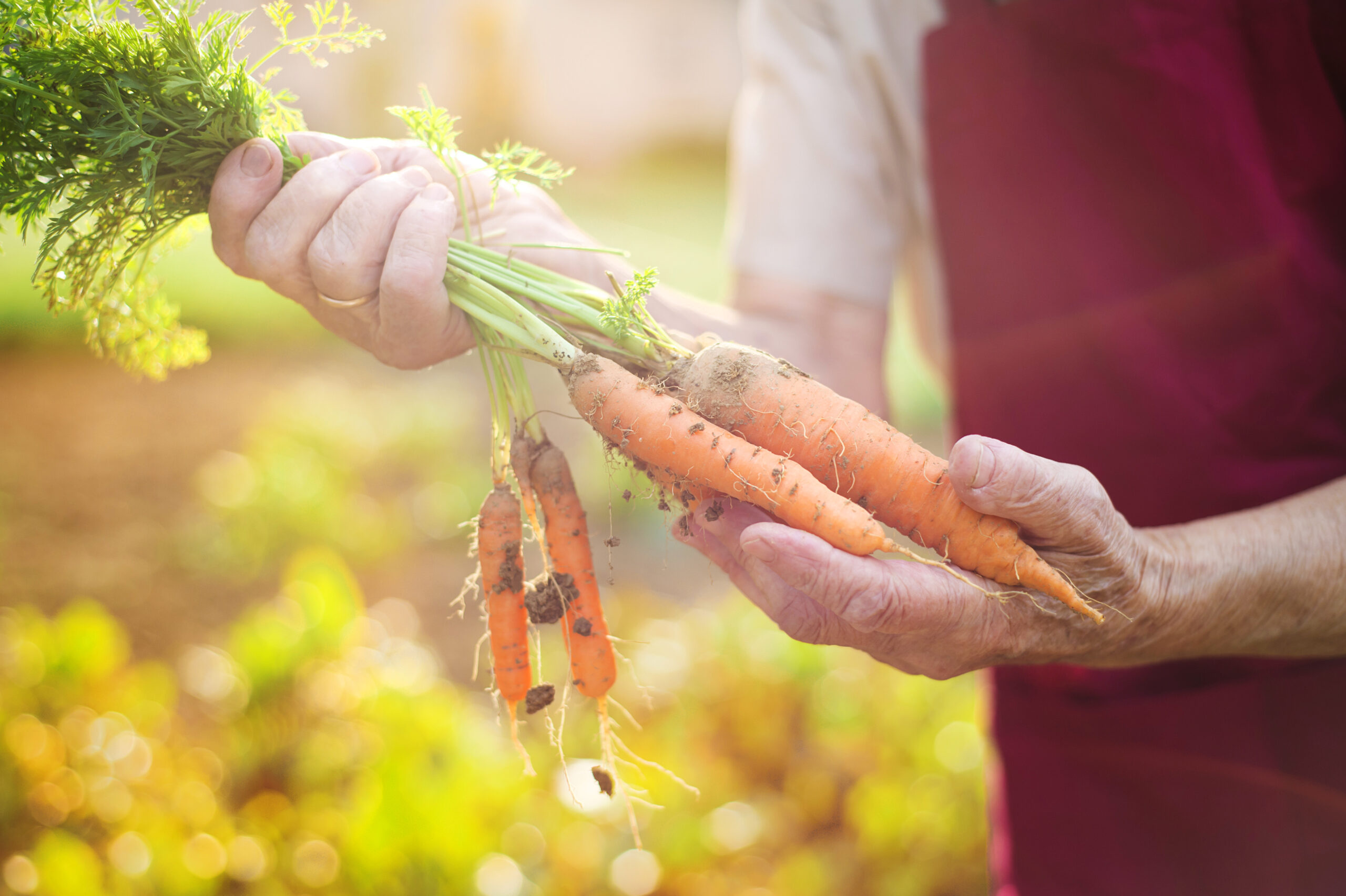What is Mushroom Compost?
Mushroom compost is a type of soil that has been created by breaking down mushrooms. It’s often used as a fertilizer and can be an excellent addition to any garden. The process of creating mushroom compost involves using the waste from mushroom farming, such as straw or hay, and then adding water and heat to break it down into nutrient-rich soil.
Benefits of Using Mushroom Compost in Your Garden
There are many benefits to using mushroom compost in your garden. Firstly, it contains high levels of nitrogen which helps plants grow quickly and healthily. Additionally, it also contains other important nutrients like phosphorus and potassium which help plants develop strong roots and produce fruit more efficiently. Another benefit of using mushroom compost is that it improves soil structure, making it easier for plants to take up water and nutrients. Finally, because mushroom compost is made from organic materials, it’s much better for the environment than traditional chemical fertilizers.
How to Use Mushroom Compost Effectively
To use mushroom compost effectively in your garden, there are some key tips you should follow:
1. Start with a good quality mushroom compost – make sure you choose a brand that has been properly screened and tested to ensure it’s free from contaminants.
2. Add mushroom compost to existing soil – rather than replacing all of your current soil with mushroom compost, add it gradually over time to improve its overall quality.
3. Mix it well – to get the most out of your mushroom compost, make sure you mix it thoroughly into your existing soil before planting anything new.
4. Water regularly – just like any other type of soil, mushroom compost needs regular watering to keep it moist and healthy. Make sure you water deeply enough so that the water reaches the roots of your plants.

Common Misconceptions About Mushroom Compost
While mushroom compost is an incredibly useful tool for gardeners, there are still some common misconceptions about how best to use it:
1. Some people believe that mushroom compost should only be used for growing mushrooms, but this isn’t true at all! In fact, mushroom compost is great for growing almost any type of plant.
2. Another misconception is that mushroom compost will cause plants to become too “hot” or burn them. This is not actually true either – while mushroom compost does contain high levels of nitrogen, if applied correctly it shouldn’t harm your plants.
Examples of Plants That Thrive With Mushroom Compost
There are many different types of plants that thrive when grown in mushroom compost. Here are just a few examples:
1. Tomatoes – tomatoes love mushroom compost because it provides them with plenty of nutrients and helps their roots grow deep and strong.
2. Roses – roses are another popular choice for gardens that use mushroom compost. Because they have shallow root systems, mushroom compost can provide them with exactly what they need to stay healthy and beautiful.

3. Blueberries – blueberries require acidic soil to grow properly, and mushroom compost is perfect for providing this. Plus, because mushroom compost is rich in nutrients, blueberries grown in it tend to be larger and tastier than those grown in ordinary soil.


No Responses